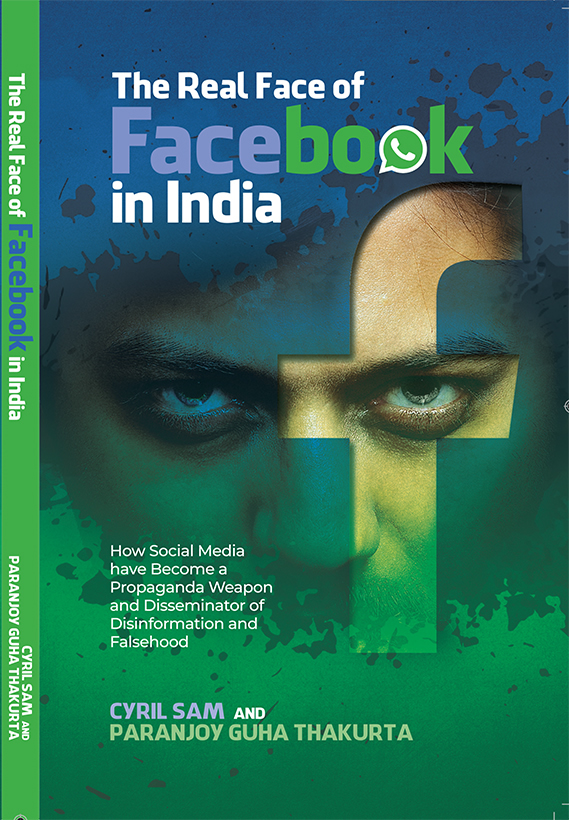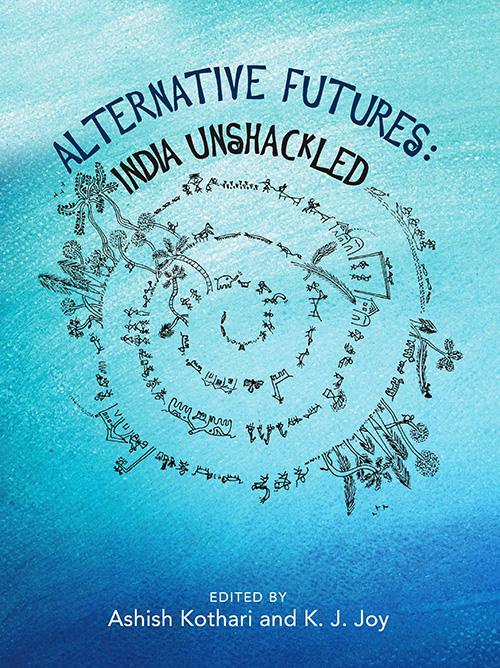Book: Shadows At Noon: The South Asian Twentieth Century
Author: Joya Chatterji
Published by: Viking
Price: Rs 1299
This is a history teacher’s magnum opus. Running into almost 850 pages, the book is a sprawling, impressionistic, and opinionated journey through a century and half of the trajectories of countries in the Indian subcontinent, mixing personal diaries and anecdotes with historical accounts and analyses. As the author herself describes at the outset, the “structure of the book is unorthodox: it is both thematic and chronological.”
The first three chapters seek to address specific themes in South Asia’s political history, focusing largely on competing visions of nationalism, meanings and notions on citizenship and the idea of the “state” in India, Pakistan and Bangladesh. The following three chapters are on migration, the household, matrimony, family, food, feasting, fasting, gluttony and starvation — the subtitle to the sixth chapter reads, “Consumption, Caste and the Politics of Food in South Asia.” The seventh and last chapter is on leisure and the arts and, following the epilogue, there is a note on “further viewing” of films.
In that note, there is a mention of the film, Pathaan, starring Shah Rukh Khan and Deepika Padukone, that was released in early 2023. It gets as recent as that. Yet, rather surprisingly, there is only a fleeting mention of the 2002 Hindu-Muslim riots in Gujarat and the protests by Muslim women all over the country, in Delhi’s Shaheen Bagh in
particular, over the attempt to alter the Citizenship Act and putting together the National Register of Citizens.
Joya Chatterji dwells at considerable length and in detail on several important political leaders of the subcontinent — Mohandas K. Gandhi, Jawaharlal Nehru, Vallabhbhai Patel, Muhammad Ali Jinnah and Sheikh Mujibur Rahman. She analyses and opines on how these individuals acted (or did not act) and the consequences of their actions and inaction in shaping the three countries. She pillories Indira Gandhi, especially the way the Emergency was imposed, and holds her responsible for many of the ills currently afflicting India’s polity.
Yes, this is a book by a historian; there’s no question about it. But disappointingly, there is not much in it about a number of important Indian political personalities, such as Vishwanath Pratap Singh, P.V. Narasimha Rao, Atal Bihari Vajpayee and Manmohan Singh. To this reviewer, the most glaring omission in Chatterji’s tome is the near-complete exclusion of an evaluation and critique of the nine-year tenure of the current prime minister, Narendra Modi. Chatterji is, of course, entitled to be more preoccupied with and concerned about what happened in the latter part of the twentieth century; moreover, the subtitle of her book reads “The South Asian Twentieth Century.”
Yet, the sparse references to what has been happening in the subcontinent over the past two decades make the omission rather glaring. The single mention of the “Modi government” is all the more curious: the reviewer searched high and low and found no “Modi” in the 49-page index.
Be that as it may, where Chatterji is perhaps at her best is when she describes how a part of the world that was prosperous and enlightened in every sense of the word was ravaged by British colonial rule, made penurious and prone to frequent famines. As another historian and raconteur of the past, William Dalrymple, wrote in his review of the book in The Guardian, Chatterji’s volume is “hugely ambitious,” takes a “wide-angled” perspective but is not exactly the “first comprehensive history of South Asia over the entire 20th century” as claimed by the publisher. Rather, it is an account seen through “a nostalgic rear-view mirror.”
A professor of South Asian history and fellow at Trinity College, Cambridge, Chatterji was the editor of the scholarly journal, Modern Asian Studies, for ten years. She retired in 2019 for medical reasons. She acknowledges that a “platoon of doctors,” including a neurologist, planted the “seed” by advising her to write the one “big” book and drop all other work.
In the ‘uncorrected’ proof copy of the book, this reviewer noticed at least two glaring factual errors which, one hopes, will be corrected in the final publication. In the context of L.K. Advani’s rath yatra in the run-up to the demolition of the Babri Masjid in 1992, it is wrongly mentioned that the Somnath temple is in Odisha, not Gujarat. Also, Bankim Chandra Chattopadhyay’s Anandamath is mentioned as a play whereas it is a novel.


